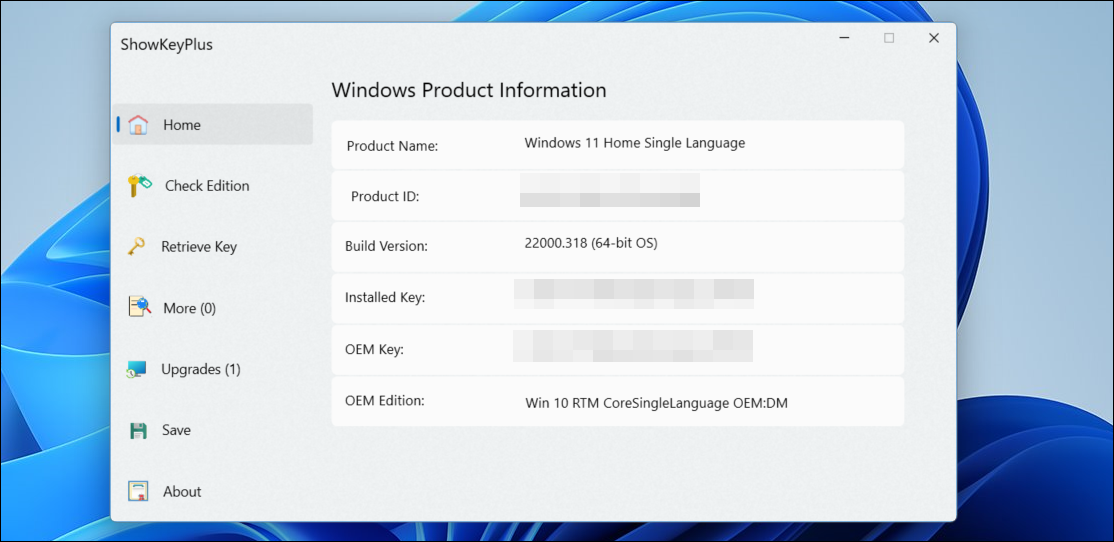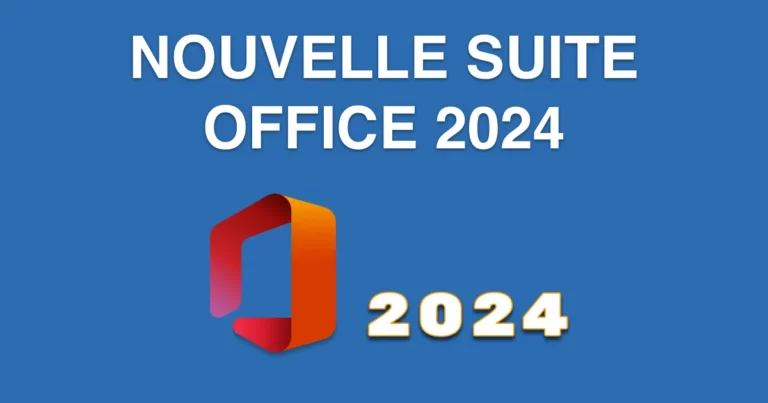New News To Selecting Windows Microsoft Office Professional Activation Websites
New News To Selecting Windows Microsoft Office Professional Activation Websites
Blog Article
Top 10 Tips On Official Certificates Of Authenticity (Coa) When Purchasing Windows 10/11 Home Or Professional Products
It is essential to look for an official Certificate of Authenticity when purchasing Windows 10/11 Pro/Home product activation/licenses keys. This will ensure you are purchasing a genuine software. The COA is either a physical certificate or a digital certificate that proves the authenticity of your software. It is typically included with OEM licenses or retail licenses. Here are 10 tips to consider when dealing with COAs.
1. Learn What a COA is.
A Certificate of Authenticity is a seal that proves that the Windows Product Key is genuine. For physical copies, it typically includes a hologram and an alphanumeric key that is unique to the product.
Understanding what the COA looks can help you determine if the key is genuine. You can find it on the packaging or, in the case of OEM versions of the key on your computer.
2. Find out about Holographic Elements and Anti-copyright Features.
Genuine COAs come with anti-counterfeiting characteristics like holographic imagery, color shifting ink and fine print, which make them hard to duplicate.
The holographic security features on COAs are easy to detect.
3. Verify the COA using Microsoft's Resources
Microsoft provides resources that can help you confirm the authenticity of a COA. Microsoft offers guidelines on its site about what a legitimate COA should look like, with examples of images to use as a reference.
You must be comfortable with these features prior to buying the key to a license.
4. Be Cautious of COAs Without Product Keys
A genuine COA for Windows always includes a unique product key. Beware of COAs which don't include a product key or when the product key is not clear or has been altered.
The key should be presented in a clear, readable format, with no changes.
5. Purchase through Microsoft Authorized Partners and Reputable Sellers
Ensure that you only purchase from Microsoft-authorized partners certified vendors, certified suppliers, or reputable merchants. They are more likely to offer an authentic COA along with the product's key.
Avoid buying from third-party or unknown sources, where the validity of the COA can't be guaranteed.
6. Digital Keys Without COA
If you're purchasing an electronic license or key the seller must offer a digital COA or proof of authenticity particularly if it's an OEM or retail key. This is crucial when purchasing second-hand computers or refurbished ones.
It is a red flag if there's no authentication certificate or COA.
7. Make sure that the COA matches the product
The details on the COA must match the Windows version you're purchasing (e.g., Home 32-bit, Pro 32-bit 64-bit). A mismatch or inconsistent information could be a sign of a copyright item.
The COA for OEM licenses must be in line with the brand name as well as the model number of the installed device.
8. Avoid COAs That Appear Damaged or Altered
If you get a COA from the mailer, check to see whether it appears altered or damaged. Scratches, peeling, or missing parts could mean it was removed from another device, or copied from another.
The COA may also be damaged if the key is misused or not authentic.
9. Not all COAs are transferable
OEM versions have COAs that are tied to the hardware they came with. That means it can't transfer in the event of an upgrade or replacement. It is important to know if the COA you have is for a specific device or if it can be transferred.
Only retail licenses usually include transferable COAs which are more flexible if you have to change devices.
10. Keep a copy of the COA for Future Reference
Save a copy, either physically or digitally, of the COA which includes the product key for future reference. This is useful in the event that you have to restart Windows, verify authenticity, or call Microsoft support.
Make sure it is safe from loss of your key in the event that the COA is damaged or lost.
More Tips
You can confirm serial numbers by calling the manufacturer and retailer.
Maintain COAs on the Original Hardware. To be eligible for OEM licensing, the COA should remain on the original hardware to ensure its validity.
Keep Receipts. You must keep receipts for every purchase of licenses including COAs. This is proof of purchase.
You can rest assured that your Windows 10/11 product keys will remain valid indefinitely by paying attention to COA information and confirming their authenticity. Check out the recommended key windows 11 home for more recommendations including cd keys windows 10, windows 11 pro license, buy windows 10, windows activation key 10, Windows 11 pro key for windows 10 pro, windows 10 license key, windows 10 and product key, Windows 11 pro key, windows 10 product key, windows 10 product key and more. 
Top 10 Tips On The License Type When Buying Microsoft Office Professional Plus 2019/2021/2024
If you are considering purchasing Microsoft Office Professional Plus 2019 2024, 2021, or 2021 it is crucial to be aware of the types of licenses that are available to ensure you're getting the right one for your requirements. The conditions, restrictions, and support options offered by various types of licenses vary. These are the top 10 guidelines to guide you through the different types of licenses:
1. Learn about the primary types of licenses.
Microsoft Office Professional Plus has various licensing options, including Retail (original manufacturer of the equipment), OEM (original equipment manufacturer) and Volume Licensing. Each type is subject to specific terms and restrictions:
Retail: The initial purchase usually tied to one user. The license is transferable to a different device within the same user if necessary.
OEM Devices are tied to the original device, and cannot be moved. A lot less expensive, but not as flexible.
Volume Licensing: This is an excellent alternative for businesses or schools, as it offers the possibility of being scaled to accommodate many users.
2. Retail Licenses that are Flexible
A Retail license provides the greatest flexibility. It allows for installing Office on the device and also transfer of the license if you decide to upgrade or replace your PC. This is the most suitable option for individual users who may upgrade their hardware or devices over time.
3. OEM licenses for lower cost
OEM licenses are cheaper, but aren't transferable. They also are connected to the device. They're intended for computers with Office installed by the manufacturer. A OEM license can save you money, but it limits your options in the case of building or upgrading your personal computer.
4. Understanding Volume Licensing
The option of volume licensing is ideal for schools, businesses, as well as government agencies. It can be more affordable in the event that you intend to purchase Office for multiple devices or users. It also offers benefits like the ability to manage your office from a central location, simpler deployment, and discounts for volume.
5. Multiple Device Licenses Multiple Device Licenses
Retail licenses usually include installation on a couple of devices (e.g., desktop and laptop) While Volume Licenses can include hundreds or thousands of devices, depending upon the terms of the agreement. Make sure you know the number of devices that a license covers before you purchase.
6. Verify that the license can be transferred
Retail licenses can be transferred between devices, provided the previous device is not activated. OEM licenses, however, are only transferable to the original device. If you plan to switch computers often this is a significant aspect to take into consideration.
7. Consider Device Licenses in comparison to. Licenses for Users Licenses
Certain licenses are allocated to specific users, while others are allocated to devices. If you're buying for one user who may access Office on multiple devices, search for licenses that are user-based, such as the ones included in Microsoft 365 subscriptions or Volume Licensing.
8. Review Support and Updates
Retail licenses and Volume Licenses typically come with continuous support and updates from Microsoft. OEM licenses might have limited support. Software may not receive updates after the device it's linked to is no longer supported by the manufacturer. support.
9. Understand Licensing for Upgrades
If you hold a Volume License (or Retail License), you may be eligible for an upgrade to the latest version of Office at a discount or through the Microsoft Software Assurance programme (for Volume Licensing).
OEM licenses do not usually come with any upgrade rights. This means you'll have to purchase a brand new license for the latest version of Office.
10. License Agreement Terms
Microsoft has offered a license contract for Office Professional Plus. It will list the restrictions, transfer rules or the rights to use the software across multiple devices or for specific uses (e.g. commercial usage as opposed to. private use). Knowing the terms will assist you in avoiding unintentional limitations.
Conclusion
Your specific needs will determine the license type you choose for Microsoft Office Professional Plus 2019. 2021 or 2024, regardless of whether you are an individual, a business or a business. Knowing the distinctions between Retail, OEM, and Volume Licensing will help you make an informed choice in the context of flexibility, cost as well as support and scalability. You should always examine the license details to ensure that you purchase the correct product for your requirements. See the best Office 2019 for blog info including Ms office 2019, Microsoft office 2024 release date, Microsoft office 2021 download, Microsoft office 2024 download, Ms office 2021 for Office paket 2019 Office paket 2019, Microsoft office 2024, Microsoft office 2021 professional plus, Microsoft office 2019, Office 2019 professional plus and more.